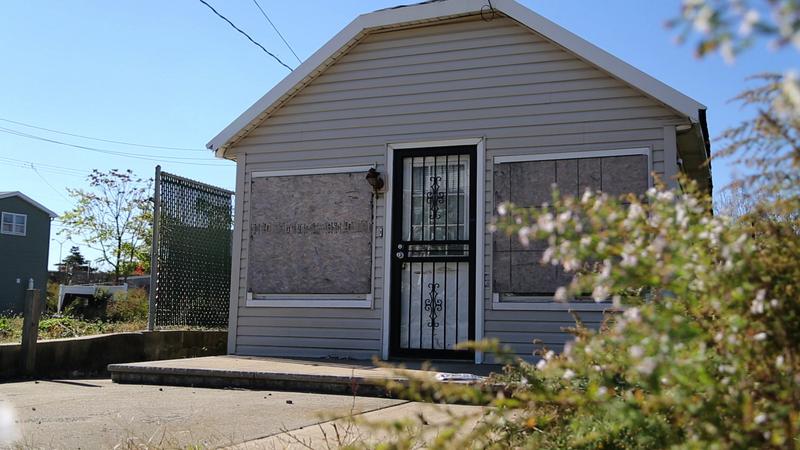
The nation's flood insurance system, which has been in bad shape for a while, just got worse. Sandy and Hurricane Katrina put it $24 billion in the red. Meanwhile, fiscal watchdogs accused the National Flood Insurance Program of rewarding people who live in flood-prone areas, while others warned of the numerous homeowners who fail to secure any flood insurance only to rely on government handouts when disaster strikes.
A scandal emerging on Long Island has raised new questions about the unusual hybrid system that has private companies administer the flood insurance policies while relying on the federal government to pay the claims.
Lawyers have accused the companies and the engineering firms that worked for them of systematically altering assessments of Sandy-damaged homes in order to reduce the amount of money that homeowners would receive. And on Wednesday, investigators from New York Attorney General Eric Schneiderman raided the headquarters of one of the firms at the center of the dispute. The head of the firm said it was cooperating and had done nothing wrong.
Officials from the Federal Emergency Management Agency, which oversees the system, this week began to negotiate a universal settlement that would settle those disputes. That move came shortly after FEMA's new deputy associate administrator for federal insurance, Brad Kieserman, admitted in a letter that "our policyholders now question the integrity of the NFIP claims process."
Charles Lane of WSHU, a public radio station covering Long Island and southwestern Connecticut, spoke with WNYC's Soterios Johnson about the latest developments.
